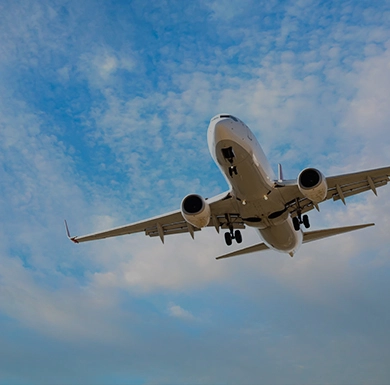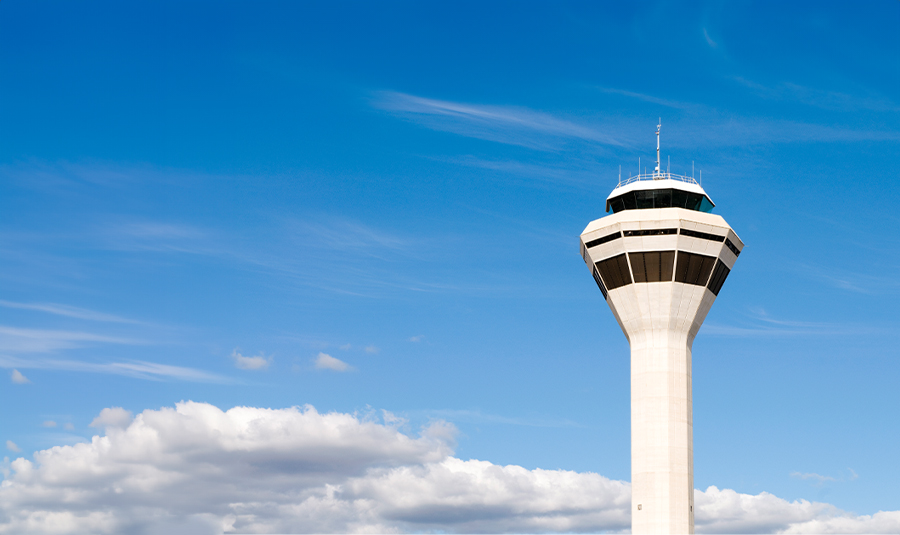
On October 19, 2015, DOT Secretary Anthony Foxx and FAA Administrator Michael Huerta revealed the news that essentially recreational drone pilots will need to register their drones with the government before the end of the year. These new registration requirements are largely in response to the numerous complaints of “close calls” with UAVs and other aircraft. Anthony Foxx said that “[r]egistration will reinforce the need for unmanned aircraft users, including consumers and hobbyists, to operate their drones safely. It’s hard to follow rules if you don’t know what the rules are…this will help us enforce the rules against those who operate unsafely by allowing the FAA to identify the operators of unmanned aircraft…we want to ramp up on enforcement.” The key words here are: we want to ramp up on enforcement. Essentially, enforcement means civil penalties. In other words, we are seeing that the FAA wants to make the skies safer AND they want to build up their bank account while they’re at it. So what does this mean for you?
The following is for commercial drone operators and hobbyists alike. In this article, you will learn:
1. What a FAA civil penalty is
2. What to do if you are the subject of a civil penalty
3. How to avoid civil penalties in the future
What is a FAA civil penalty? To answer this question, you must start with the broader term of “FAA enforcement action.” When the FAA believes that a certificate holder (i.e. an airman, air carrier, repair station or otherwise) has violated a Federal Aviation Regulation (“FAR”), it may pursue enforcement action against the offending party. At this point, an enforcement action essentially branches off into two subdivisions: certificate actions and civil penalties. A certificate action or proposed certificate action is usually when the FAA seeks to suspend or revoke a certificated person’s license, as a penalty for violating the FARs.
Alternatively, the FAA could also seek to impose a civil penalty upon a person or entity operating contrary to the FARs. Civil penalties are likely more appropriate for recreational drone operators because recreational drone operators typically don’t hold a certificate that can be revoked or suspended. As such, civil penalties are can be imposed against companies, entities, and individuals alike. How much are you looking at per violation? The FAA determines the amount of the civil penalty using a Sanction Guidance Table, which provides ranges for civil penalties based upon the type and size of the certificate holder, the type of alleged violation, and the number of alleged violations. A proposed civil penalty for anything over $50,000, leaves the FAA’s jurisdiction and is prosecuted by the United States Attorney’s office. But watch your clock! The FAA must bring the proposed civil penalty against you within 2 years of discovering an alleged violation of the Federal Aviation Regulations.
What do you do if you are the subject of a civil penalty? First, if the FAA believes that you violated a FAR, they will send you a “Notice of Proposed Civil Penalty.” In the notice, there will be a recitation of the relevant facts, which FARs you allegedly violated, and the cost of the proposed civil penalty. When you read the letter, your gut instinct will be to call the investigator of record and tell him or her why you should not have to pay the civil penalty. Don’t do this.
Have you ever watched the television program called COPS? Usually, a police officer will be arresting a suspect for selling drugs and while the police are putting him in handcuffs, the suspect says, “I shouldn’t be arrested; I use drugs but I don’t sell drugs!” All the while, you are sitting there, screaming at the TV, saying “anything you say can be held against you in a court of law!” Maybe you aren’t a nerd like we are while watching COPS. Nonetheless, your situation with the notice of proposed civil penalty is very much like the drug dealer’s situation on COPS. Anything you tell the FAA investigator, can and will be used against you during the course of your enforcement action. So, your first step should ALWAYS be to call your aviation attorney…let him or her respond to the FAA on your behalf.
That being said, you have roughly seven options when it comes to responding to the notice of proposed civil penalty. First, you can outright pay the civil penalty and be done with the whole situation. Beyond that, your attorney can send a letter showing that either you did not violate the FARs, you are not able to pay the proposed civil penalty, or that the penalty fee should be lowered. Ultimately, what you may consider doing is essentially fighting the penalty in a formal evidentiary hearing before an Administrative Law Judge (“ALJ”). If you chose to go this route, the ALJ will decide issues of fact and law and will determine whether, and in what amount, a civil penalty will be assessed against you. A formal hearing before an ALJ is very similar to a trial…like on Law & Order.
Every civil penalty is like a snowflake. Every case is different. Every drone operator is different. Every set of facts are different. Essentially, if you are sent a notice of proposed civil penalty, you should speak with your drone attorney about what the best way of moving forward with your case would be.
How can you avoid civil penalties in the future? The simple answer is: pay attention to the FARs and use common sense. A good rule of thumb would be that a drone that is flown strictly for hobby or recreational must be:
*operated in accordance with a community-based set of safety guidelines and within the programming of a nationwide community-based organization;
*limited to not more than 55 pounds unless otherwise certified through a design, construction, inspection, flight test, and operational safety program administered by a community-based organization;
*operated in a manner that does not interfere with and gives way to any manned aircraft;
*not flown within 5 miles of an airport, the operator of the aircraft provides the airport operator and the airport air traffic control tower…with prior notice of the operation;
*flown within visual line sight of the operator.
If you have questions about how to legally operate your drone, if you are the subject of a FAA civil penalty, looking to operate your drone commercially, or just want to chat, call a drone attorney at The Ison Law Firm. We are standing by to vector you through legal turbulence…call us at 863-712-9472 or e-mail to [email protected].
Contact the Aviation Lawyers from The Ison Law Firm Aviation Lawyers for Help Today
You need both a pilot and a lawyer on your side for your aviation law needs. Don’t hesitate to contact our team from The Ison Law Firm Aviation Lawyers to schedule a confidential consultation with an experienced aviation lawyer today.
We’re pilots representing pilots. The Ison Law Firm Aviation Lawyers offers FAA enforcement defense and medical certification representation worldwide!
The Ison Law Firm Aviation Lawyers
Phone: Toll-Free 855-322-1215
Office Hours: Mon – Thu, 9:00 AM to 5:00 PM
Fri, 9:00 AM to 12:00 PM
Disclaimer: Messages left for attorneys after these business hours will be addressed the following business day, during business hours.

